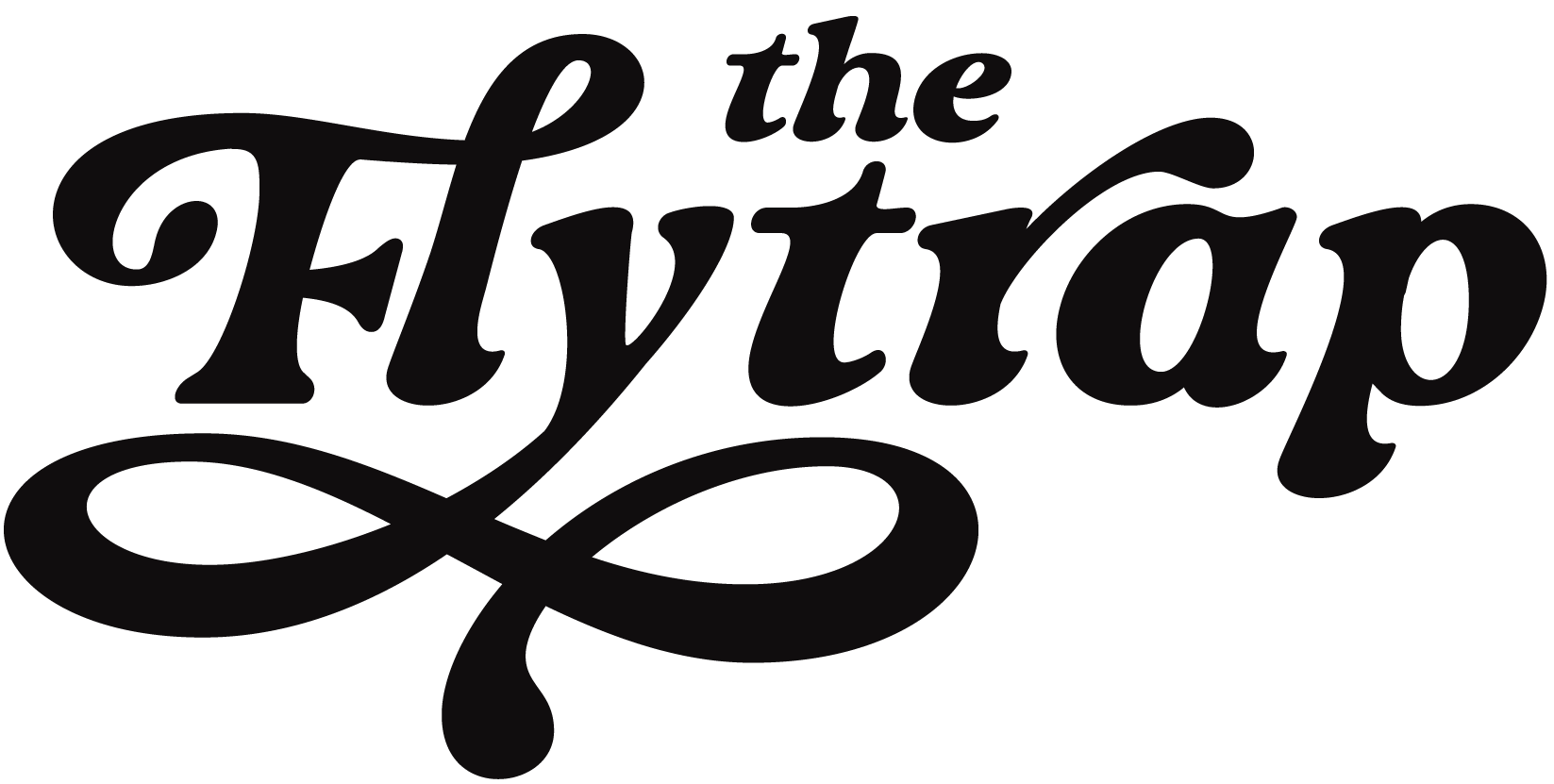Honoring Alice Wong: Reprinting Bitch Magazine's Access Series
Alice Wong, who reshaped the world of disability media, joined our ancestors on November 14, 2025. The Flytrap is proud to reprint her curated Access Series for Bitch Magazine.

This series was originally published by Bitch Media on November 1, 2021. The introduction, originally cowritten by Alice Wong and Evette Dionne, has been updated to reflect Alice's death on November 14, 2025.
In 2018, when Evette was the editor-in-chief of Bitch Media, the publication realized there was a void in coverage specifically focused on the impact of chronic illnesses on people from marginalized communities. That led to the creation of In Sickness, a digital series written and illustrated by people with various invisible illnesses. At the time, Bitch Media promised that it would continue to publish stories about disability and continue to build a relationship with the disability community—and they did that.
In 2021, they took that commitment to the next level by partnering with the Disability Visibility Project and Alice Wong for a digital series all about access, an issue that disabled and chronically ill people are navigating every day.
Now, in honor of Alice becoming one of our ancestors, The Flytrap is republishing a curated selection from this series.
Per Alice's wishes, her friend Sandy Ho shared this message upon her death: Hi everyone, it looks like I ran out of time. I have so many dreams that I wanted to fulfill and plans to create new stories for you. There are a few in progress that might come to fruition in a few years if things work out. I did not ever imagine I would live to this age and end up a writer, editor, activist, and more. As a kid riddled with insecurity and internalized ableism, I could not see a path forward. It was thanks to friendships and some great teachers who believed in me that I was able to fight my way out of miserable situations into a place where I finally felt comfortable in my skin. We need more stories about us and our culture. You all, we all, deserve the everything and more in such a hostile, ableist environment. Our wisdom is incisive and unflinching. I'm honored to be your ancestor and believe disabled oracles like us will light the way to the future. Don't let the bastards grind you down. I love you all.
The republishing of this digital series is a response to this urgent need. This series explored access through a disabled lens by asking: What does an accessible future look like? How can we build that world right now and trust people with lived experience to guide the process? How does systemic ableism perpetuate inequality and inaccessibility?
At the time, Alice and Bitch did not give answers. Instead, they invited readers to reflect, learn more, and take action through Vilissa Thompson and Keah Brown in conversation about disabled Black girl magic; Anna Hamilton and s.e. smith examining the nuances of anti-ableism and language in online spaces; Julia Métreaux investigating the future of remote work; Jaipreet Virdi and Liz Jackson imagining the potential of accessible design; choreographer and dancer India Harville demonstrating the beauty of access-centered movement and dance; and podcaster Thomas Reid delving into the importance of culturally accurate audio descriptions in entertainment.
The Access Series, curated by Alice Wong, who reshaped the world of disability media, was originally published by Bitch Media in November 2021.
Let Freedom Reign, Vilissa Thompson and Keah Brown
In Living Color, Thomas Reid
Beyond Functional, Liz Jackson and Jaipreet Virdi
The Complex Future of Post-Pandemic Work, Julia Métraux
Language Wars, Anna Hamilton and s.e. smith
This exploration of access is just the beginning. Now and forever we must remember that access isn’t a scarce commodity or something to beg from people in power. It is an ethos, a whole mood, a vibe. In a 2018 keynote address for the Disability & Intersectionality Summit, Mia Mingus said:
I don’t just want technical and logistical access. I don’t just want inclusion, I want liberatory access and access intimacy. I want us to not only be able to be part of spaces, but for us to be able to fully engage in spaces. I don’t just want us to get a seat at someone else’s table, I want us to be able to build something more magnificent than a table, together with our accomplices. I want us to be able to be understood and to be able to take part in principled struggle together—to be able to be human together. Not just placated or politely listened to.
Any movement working toward liberation and justice must be accessible—and that’s the conversation we hope the republishing of this series continues.
Thank you for your guidance and your love, dear Alice. Your legacy lives on and we won't let the bastards grind us down.
